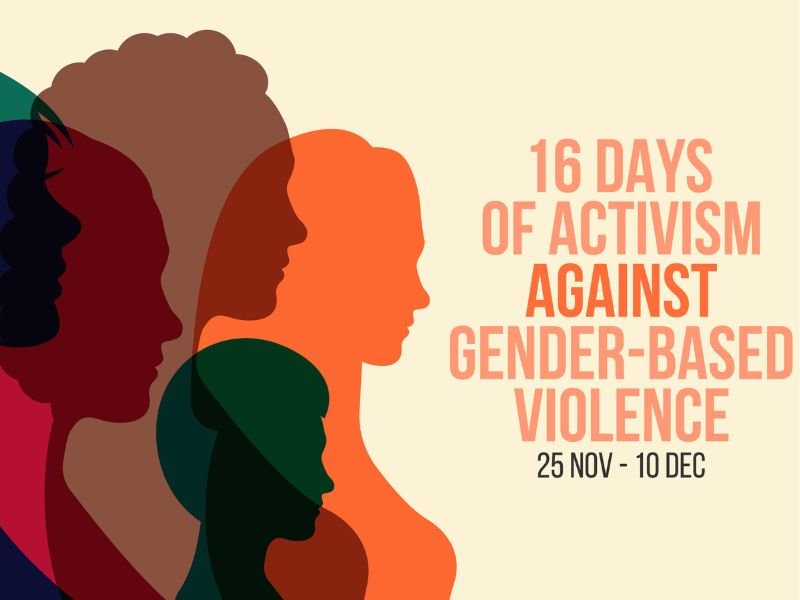
Domestic abuse isn’t always physical. Coercive control is an act or pattern of acts of assault, threats, humiliation and intimidation that abusers use to harm, punish, or frighten their victim. It doesn’t relate to a single incident – it is a purposeful pattern of behaviour.
This controlling behaviour is designed to make a person dependent by isolating them from support, exploiting them, depriving them of independence and regulating their everyday behaviour.
Coercive Control can range from influencing what you wear, to controlling every move you make, who you see and where you can go. The perpetrator may not need to use physical violence to control your life.
Coercive control can be tricky for survivors, and those around them, to recognise because the tactics used can be subtle and escalate slowly. Coercive control in a relationship is a recognised form of abuse.
Coercive or Controlling behaviour became an offence in UK Law in December 2015 under the Serious Crime Act 2015. The offence covers extreme psychological and emotional abuse and carries a maximum of 5 years imprisonment, a fine or both.
How do you know if this is happening to you? Some common examples of coercive behaviour are:
- Isolating you from friends and family
- Depriving you of basic needs, such as food
- Monitoring your time
- Monitoring you via online communication tools or spyware
- Taking control over aspects of your everyday life, such as where you can go, who you can see, what you can wear and when you can sleep
- Depriving you access to support services, such as medical services
- Repeatedly putting you down, such as saying you’re worthless
- Humiliating, degrading or dehumanising you
- Controlling your finances
- Making threats or intimidating you
A survivor of domestic abuse, Rachel Williams, describes coercive or controlling as being like carbon monoxide poisoning, “you do not realise how affected you are until it is too late”. If you are concerned that you or someone you know may be experiencing coercive control, there are services listed at the bottom of this page who are available to listen and help.
This Sky News report explores what coercive control is, the law around it and how effective laws have been.
Mumsnet, Women’s Aid and Surrey Police created the following video to raise awareness of the dangers of coercive control.
To find out more about coercive control and other forms of domestic violence and violence against women and girls, please explore other pages on this website.
If you think your teenage daughter is in a coercive relationship, Women’s Aid have created a toolkit to help.
Who can help me?
In an emergency, or if you or someone else is at immediate risk of harm, dial 999.
If you’re a child or young person who is worried about experiencing or witnessing domestic abuse, whether it’s physical violence or coercive behaviour, please contact Childline by phone on 0808 800 5000, by email, or chat 1-2-1 online with one of the Childline counsellors. There is also lots of information and advice on domestic abuse on the Childline website.
Advance Charity – If you are experiencing domestic abuse and live in Ealing, you can contact the Advance IDVA service by calling 07984 110 750 or emailing EalingReferrals@advancecharity.org.uk
Southall Black Sisters – If you are from a black or minority ethnic woman, you can contact their confidential helpline on 0208 571 0800 to speak with an expert advisor who will listen to and offer non-judgmental advice. You can also email them on info@southallblacksisters.co.uk
National Domestic Abuse Helpline – If you need a refuge space or urgent advice, contact the freephone, 24-hour helpline on 0808 2000 247.
Galop – If you identify as LGBT+ and experiencing abuse or violence, you can contact the helpline on 0800 999 5428 or email help@galop.org.uk for emotional and practical support.
Men’s Advice Line – If you are a man experiencing issues with domestic abuse, please contact the helpline 0808 8010 327 (Monday to Friday 10am to 8pm), or visit the webchat at Men’s Advice Line (Wednesday 10am to 11.30am and 2.30pm to 4pm) for non-judgemental information and support




